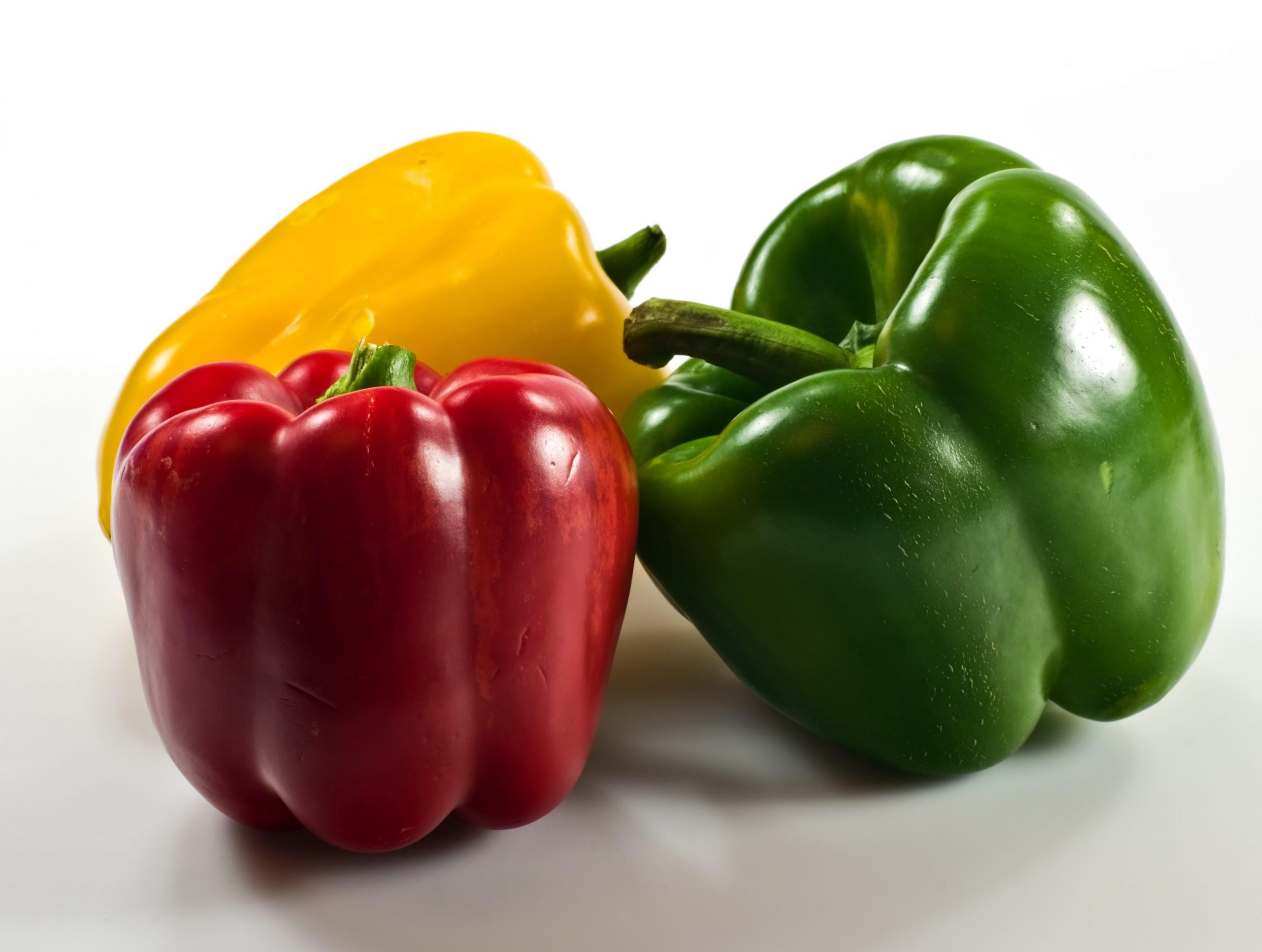Find Out the Best Fertilizers for Peppers: Top Picks for Optimal Growth
Wiki Article
Organic Vs. Synthetic Fertilizers: Which Is Best for Supporting Healthy Pepper Plants?
In the realm of nurturing healthy pepper plants, the choice between artificial and organic fertilizers stands as a pivotal choice with far-ranging ramifications. While both choices aim to offer necessary nutrients to sustain plant growth, the subtleties of their influence on the dirt, plant health and wellness, and the environment stimulate a dispute that mirrors throughout the horticulture area. Recognizing the distinct benefits and prospective risks of each plant food type is crucial for pepper farmers seeking to optimize their returns while keeping a lasting and eco-conscious approach.Advantages of Organic Plant Foods
Organic fertilizers offer an environmentally-friendly and lasting technique to nourishing pepper plants, giving crucial nutrients without making use of artificial chemicals. These all-natural fertilizers are stemmed from organic resources such as compost, manure, bone dish, and seaweed, advertising soil wellness and biodiversity. Unlike synthetic plant foods, organic options launch nutrients gradually, making sure a stable and well balanced supply for pepper plants to prosper.One significant advantage of organic plant foods is their capability to boost soil structure and water retention. By improving soil health, natural fertilizers advertise useful microbial activity, which assists in nutrient uptake by pepper plants. Furthermore, organic fertilizers lower the risk of chemical run-off, protecting water resources from pollution and protecting the atmosphere.
Additionally, natural plant foods contribute to lasting soil fertility by advertising the development of useful dirt microorganisms. These microorganisms aid break down raw material, launching nutrients in a kind that is easily available to pepper plants. best fertilizers for peppers. By promoting a healthy and balanced dirt ecosystem, organic fertilizers support lasting pepper farming techniques that benefit both plants and the atmosphere
Downsides of Artificial Fertilizers
Synthetic fertilizers, in contrast to their organic counterparts, position different drawbacks when utilized to nourish pepper plants, impacting both plant health and wellness and environmental sustainability. One major drawback of synthetic plant foods is their propensity to leach nutrients from the dirt swiftly.In addition, the overuse of synthetic fertilizers can add to water contamination. Excess fertilizers not absorbed by plants can get rid of right into water bodies, bring about eutrophication, where algae blossoms deplete oxygen levels in the water, harming aquatic life. In addition, synthetic fertilizers are commonly originated from non-renewable resources, such as nonrenewable fuel sources, adding to carbon discharges and environmental deterioration during their production.
Nutrient Absorption Comparison
When comparing synthetic and organic fertilizers in terms of nutrient absorption, natural plant foods have the advantage of giving a more well balanced and slow-release source of nutrients. Organic plant foods contain a range of macro and micronutrients that are not just useful for the plants however additionally advertise healthy and balanced dirt microbial task, which assists in nutrient uptake.Additionally, organic fertilizers improve soil structure and water retention capability, enabling pepper plants to accessibility nutrients extra efficiently. This improved soil high quality facilitates root development, allowing far better nutrient absorption. Artificial fertilizers, although at first increasing plant development as a result of their high nutrient focus, might prevent lasting nutrient absorption by degrading dirt wellness over time.
Ecological Influence Factors To Consider

On the various other hand, synthetic fertilizers, although often even more concentrated and instantly available to plants, can have detrimental results on the description atmosphere otherwise applied properly (best fertilizers for peppers). Their manufacturing needs high energy inputs, leading to greenhouse gas exhausts and adding to climate adjustment. Furthermore, the runoff of excess artificial fertilizers can infect water sources, bring about eutrophication and hurting aquatic ecological communities.
Ideal Fertilizer Practices for Peppers
When feeding pepper plants, optimizing nutrient uptake and decreasing environmental influence are crucial considerations. To attain this, it is vital to adhere to best fertilizer methods customized to the specific needs of pepper plants. One important technique is to perform a soil test prior to using any kind of fertilizers. This test can figure out the pH degree of the dirt and recognize any nutrient deficiencies, assisting you in picking one of the most appropriate plant food formula.An additional crucial technique is to feed pepper plants at the correct time. Usually, peppers gain from receiving fertilizer at planting and after that once more when they begin to flower. Over-fertilizing can lead to nutrient imbalances and damage the plants, so it is crucial to comply with suggested application rates.
In addition, picking a well balanced fertilizer this article with an NPK ratio that suits pepper plants' requirements is basic. Organic fertilizers, such as compost or manure, can be excellent selections as they launch nutrients slowly and improve dirt framework with time. However, synthetic fertilizers can provide a quick nutrient increase when required. Eventually, combining organic and synthetic fertilizers carefully can assist nurture healthy pepper plants while minimizing environmental impact.
Conclusion

Organic plant foods offer an environmentally-friendly and lasting method to beneficial pepper plants, giving vital nutrients without the usage of synthetic chemicals. Unlike synthetic plant foods, organic alternatives release nutrients gradually, guaranteeing a balanced and stable supply for pepper plants to prosper.
Artificial plant foods, in contrast to their organic counterparts, present numerous drawbacks when utilized to nurture pepper plants, influencing both plant health and environmental sustainability. When comparing synthetic and organic fertilizers in terms of nutrient absorption, natural plant foods have the benefit of giving a more well balanced and slow-release resource of nutrients.In addition, organic fertilizers improve dirt structure and water retention capacity, allowing pepper plants to gain access to nutrients weblink extra efficiently.
Report this wiki page